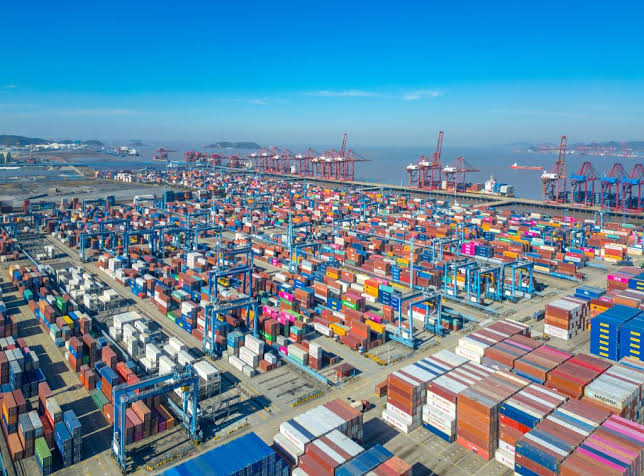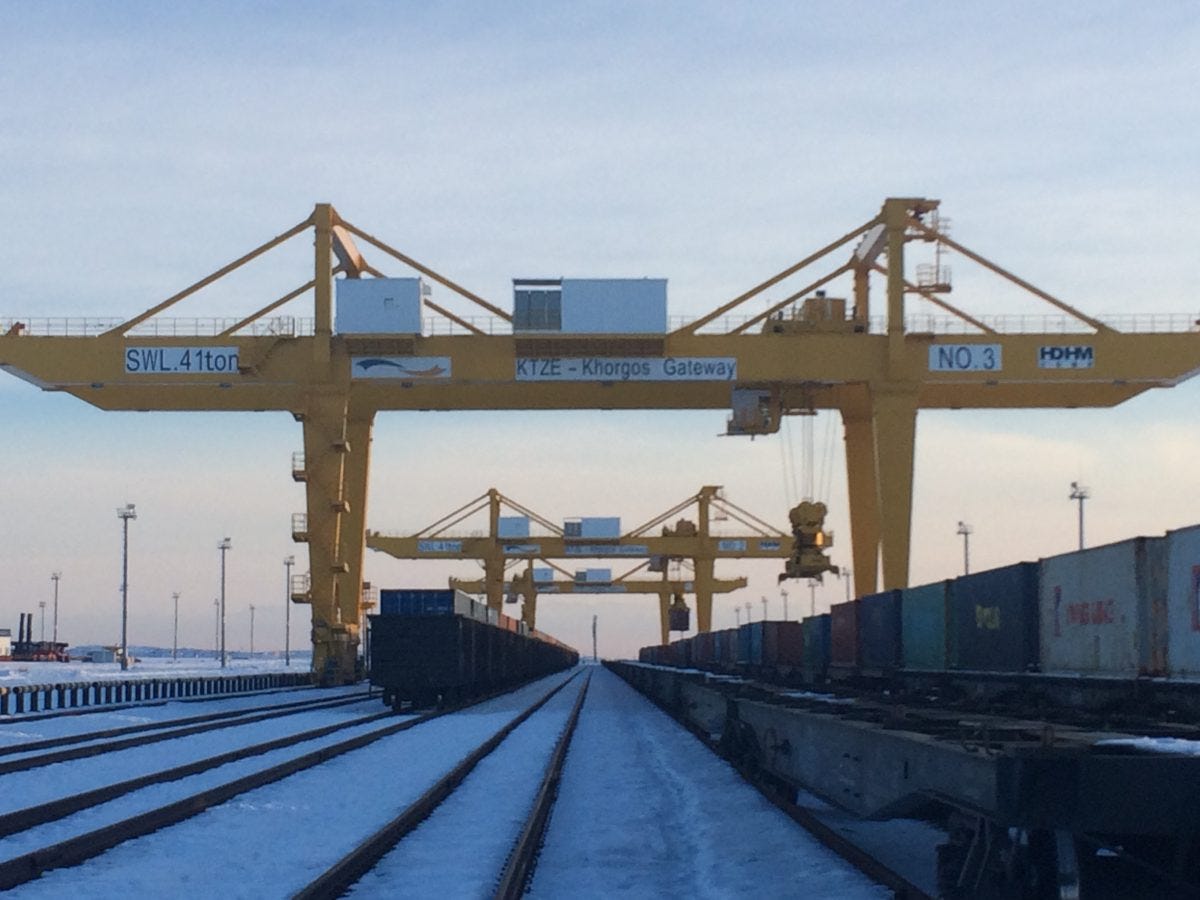China’s Ministry of Transport has announced the imposition of special port dues on U.S.-owned and U.S.-linked vessels, a move widely seen as a measured and legally grounded response to new American trade restrictions. The decision, approved by the State Council, will take effect from October 14, 2025, marking a new chapter in the ongoing maritime and trade tensions between the two major economies.
The announcement came days after the Office of the United States Trade Representative (USTR) declared the activation of Section 301 measures against China’s maritime, logistics, and shipbuilding industries. These U.S. measures, set to begin on the same date, impose additional port service fees on vessels owned or operated by Chinese enterprises, vessels flying the Chinese flag, and ships built in China.
In response, Beijing has cited the action as a serious violation of international trade principles and the U.S.–China Maritime Agreement, emphasizing that such unilateral measures disrupt the smooth functioning of global maritime commerce. The Ministry of Transport underscored that the new port dues are consistent with China’s national laws and international legal norms, aiming to safeguard its legitimate maritime interests and ensure fairness in trade relations.
Phased and Balanced Framework
Under the new policy, the special port dues will apply to five categories of vessels: those owned or operated by U.S. enterprises or individuals; ships where American entities hold 25% or more ownership, voting rights, or board seats; vessels flying the U.S. flag; and vessels built in the United States.
The Ministry has outlined a phased fee schedule, starting with a modest rate and gradually increasing over four years. From October 14, 2025, the charge will be RMB 400 per net ton, followed by RMB 640 in April 2026, RMB 880 in April 2027, and RMB 1,120 per net ton in April 2028. Any fraction of one ton will be counted as a full ton, following standard international maritime practice.
This incremental structure, analysts note, demonstrates Beijing’s policy of restraint and flexibility, allowing time for diplomatic adjustments or dialogue. Rather than an abrupt countermeasure, the Ministry’s framework reflects a rule-based and predictable policy environment that gives foreign shipping firms clarity over long-term operational costs.
To minimize administrative burdens, the special port dues will be collected only once per voyage. If a vessel calls at multiple Chinese ports during the same journey, the dues will be paid at the first port of call only. Furthermore, the same vessel will not be charged for more than five voyages per year, ensuring the measure remains proportional and reasonable. The maritime authorities of each port will manage the collection process, while the Ministry of Transport will issue detailed implementation guidelines later this year.
Legal experts have pointed out that the measure aligns with the Regulations of the People’s Republic of China on International Maritime Transport and the basic principles of international law, particularly the doctrine of reciprocity. This allows states to respond in kind when others impose discriminatory or restrictive trade practices.
By grounding the action in domestic law and international norms, China signals its commitment to acting within the bounds of legality rather than politics—a key distinction that underscores its approach to responsible global governance.
Implications for Global Shipping and Trade
The introduction of these special dues marks another layer of complexity in the already tense trade environment between the world’s two largest economies. While the direct economic impact on China’s own shipping sector may be limited, given the relatively small number of U.S.-flagged or American-built vessels operating in Chinese ports, the symbolic and regulatory significance is substantial.
For U.S. shipping companies and firms with partial American ownership, the new fees could alter cost structures and influence route planning. Some international carriers may consider registering their vessels under third-country flags or adjusting their port rotation strategies to minimize exposure. However, Beijing’s policy includes safeguards to prevent unnecessary economic disruption—signaling that it seeks balance, not confrontation.
Maritime analysts in China emphasize that the measure reflects Beijing’s long-standing commitment to fairness, equality, and mutual respect in international maritime relations. It also reinforces the country’s message that sustainable global trade must rest on reciprocal treatment and adherence to international law.
“China’s decision is both defensive and lawful,” commented a Beijing-based trade policy researcher. “It’s not about escalation, but about preserving stability through predictable and transparent rules.”
The decision comes amid broader shifts in global trade, where technology restrictions, tariff disputes, and supply chain realignments have begun to reshape maritime commerce. The maritime industry, which handles nearly 90 percent of global goods trade, is increasingly at the center of geopolitical tensions.
In this context, China’s move also ties into its long-term strategic objectives under the Belt and Road Initiative (BRI). With its vast network of ports and logistics corridors connecting Asia, Africa, and Europe, China continues to promote open maritime cooperation while defending its national interests. The Ministry’s announcement reiterates this balance—protecting sovereignty without compromising its global role as a leading maritime power.
This dispute over port charges may well mark a new starting point in the ongoing game between China and the United States. From tariffs to ports, from logistics to regulatory frameworks, their competition is steadily moving to a deeper and more complex level. How this maritime contest unfolds will ultimately depend on whether the United States is willing to shift its mindset and return to the table to renegotiate the rules.
Mr. Qaiser Nawab, a global peace activist, is a distinguished international expert specializing in the Belt and Road Initiative (BRI), Afghanistan, Central Asia and founder of the Belt and Road Initiative for Sustainable Development (BRISD), a newly established global think-tank headquartered in Islamabad, in conjunction with the one-decade celebration of BRI.














